WSP Canada Group Ltd. (WSP) has won the Association of Consulting Engineering Companies-British Columbia (ACEC-BC) 2019 Lieutenant Governor’s Award of Excellence in the Soft Engineering category.
WSP won for its work in developing an innovative solution for safe water in remote communities.
“At the awards ceremony we saw many ingenious projects that had been done by other B.C. consulting engineering companies, so it was pretty cool for WSP to win an award,” said Claire Bayless, senior project manager, water infrastructure.
Like many remote communities, the people of the Tl’azt’en Nation in northern B.C. had no access to clean drinking water.
Because conventional water treatment technology was unfeasible, WSP Canada and the RES’EAU-WaterNET partnered to develop a treatment system for organic material.
The project delivered a full-scale plant that allowed a 14-year boil water advisory to be lifted.
The system uses natural biological processes, is low in consumables, reduces chemical requirements, produces little waste and is simple for operators to use.
The plant is located at Middle River, 160 miles northwest of Prince George, B.C.
“The plant was built to treat decomposed, naturally occurring organic matter, such as decaying leaves in the water,” said Bayless. “Ordinarily, treatment is a complex, multi-stage process that requires skilled operators. But we wanted to get away from conventional technologies and make the treatment as simple as possible.”
WSP partnered with RES’EAU-WaterNET to develop and install a biological ion exchange plant.
The plant was built in the Lower Mainland and shipped to Middle River, where it is housed in a 40-foot by 8-foot insulated sea container.
“The results so far have been very positive,” said Bayless. “The water has been clear and drinkable.”
WSP’s part in the project was not without challenges.
“The road to Middle River is sometimes closed and the operator isn’t always available,” Bayless said. “And we’ve got to monitor the system carefully to make sure nothing freezes in the winter.”
Lack of safe drinking water is a big problem in remote communities in Canada, says Madjid Mohseni, a professor in the University of British Columbia’s Department of Chemical and Biological Engineering, and CEO of RES’EAU Centre for Mobilizing Innovation.
(RES’EAU Centre for Mobilizing Innovation is the current name for RES’EAU-WaterNET, a government-funded, not-for-profit strategic network that is hosted by UBC.)
“There are more than 1,000 boil water advisories in Canada and 50 Indigenous communities don’t have access to safe drinking water,” said Mohseni.
In 2013 RES’EAU began working with the Tl’azt’en Nation in an R&D collaboration, gathering data on the safe drinking water problem.
The organization uses an approach called the Community Circle to solve water problems in small systems.
“The idea is to make sure every project stakeholder is included in the consultation, with RESEAU acting as the Community Circle lead, the glue holding all the various parts together,” said Mohseni.
In the past, the opinions of local communities weren’t always taken into account.
“Now everybody needs to be considered,” he said.
Compared to the old way of doing things, Community Circle consultations take more time during a project’s early stages.
“But it’s time well spent, because the process speeds up later on,” said Mohseni.
RESEAU brought in WSP in 2016 and started a pilot project using biological ion exchange to treat the water at Middle River.
“We made good progress and now it’s a full-scale implementation plant,” said Mohseni. “It’s a first for treating water contaminated with decomposed organic matter.”
Biological ion exchange uses naturally growing microbes that consume organic matter.
The process is simpler and cheaper than conventional ion exchange water treatment, which, in comparison, is complex, expensive and requires careful monitoring.
The technology is scalable, from a few households, like Middle River, up to big cities like Vancouver or Toronto.
In fact, one of the RES’EAU partners is looking into using the technology for water treatment in a good-sized Quebec municipality.
ACEC-BC has been making annual awards since 1997.
“In 2019 there were 42 nominees in 7 categories,” said Caroline Andrews, ACEC-BC president and CEO. “Soft Engineering is anything that falls outside the built environment, such as intangibles, studies, research and development, land use and transportation corridors.”
Also in the Soft Engineering category, PBX Engineering Ltd. won an award of merit for its railway crossing information system.
The B.C. Ministry of Transportation and Infrastructure is using it to mitigate the impact of trains blocking at-grade, road-rail crossings along the Roberts Bank rail corridor south of Vancouver.
Tetra Tech Canada Inc. won an award of merit for developing software that quantifies the behaviour of ship-source oil spills.
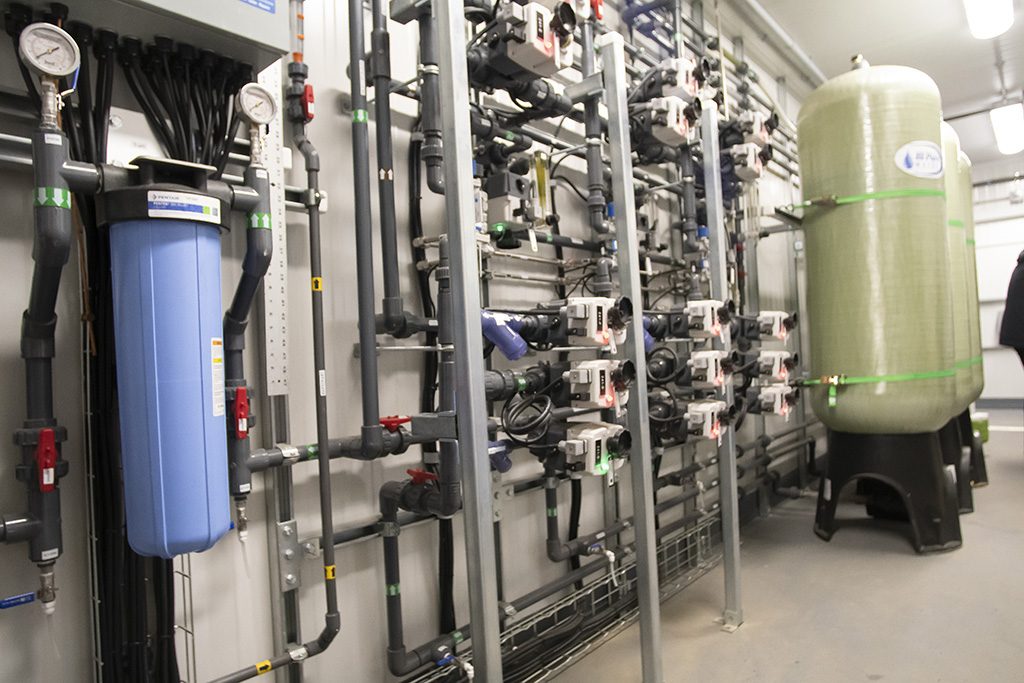


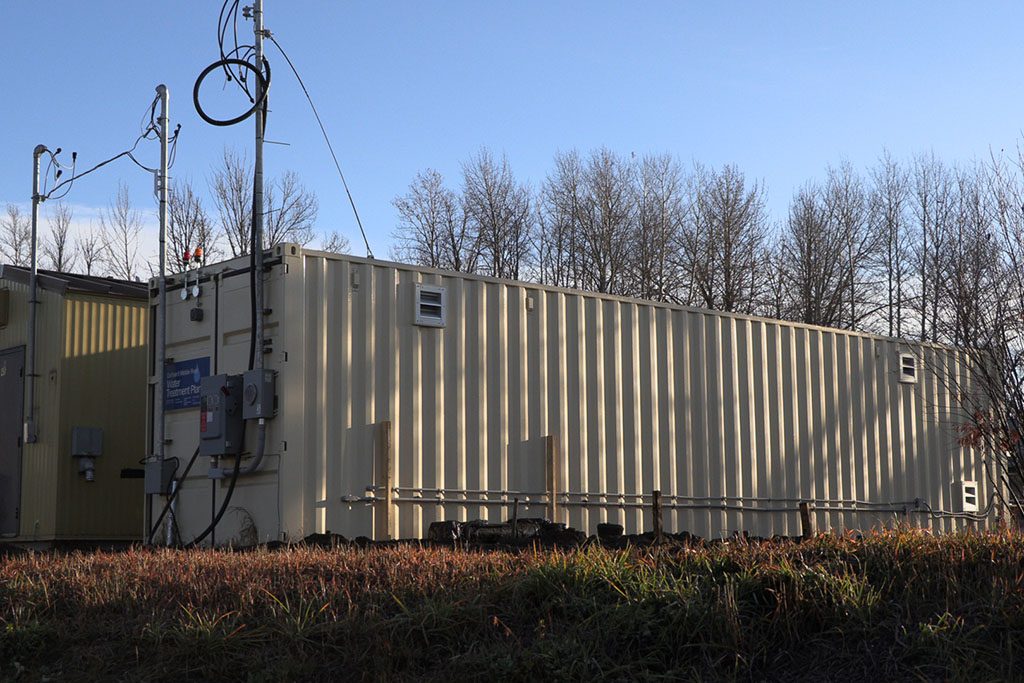


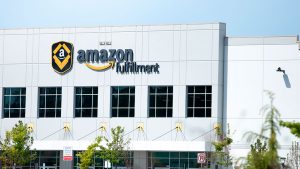

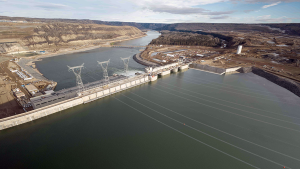
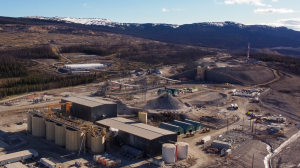

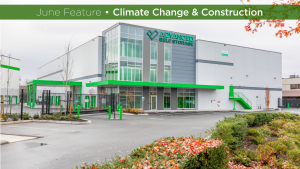
Recent Comments